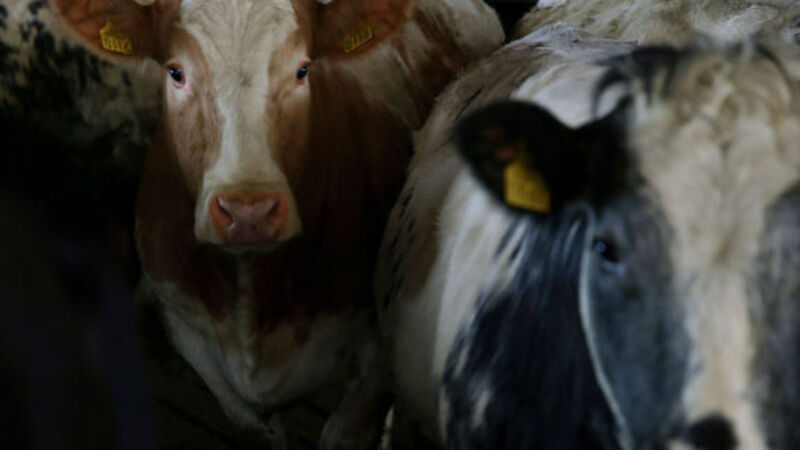Dairy sector faces into year of challenges

Concern about the slide in milk price has now become outright worry and we in ICMSA are becoming as anxious about the lack of EU response to the slide in dairy prices as we are by the slide itself. We must — and do — accept that the recent overall background crisis in both China and within the EU has certainly not helped in terms of instilling the kind of stability that any market always likes.
And we likewise accept that much of this background tumult is outside the control of Government or the Commission. But we also insist that not being able to alter events decisively is not an excuse for doing nothing at all.










